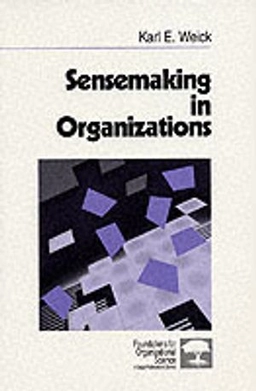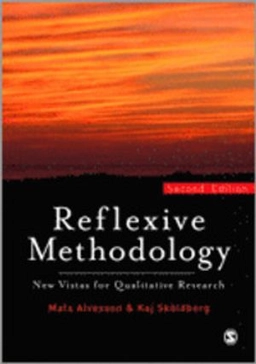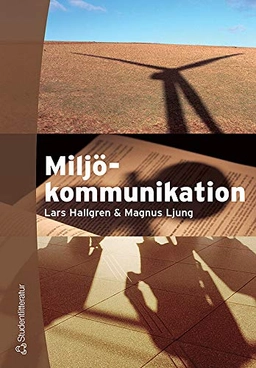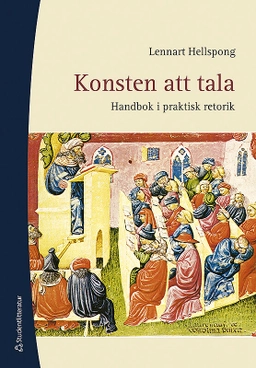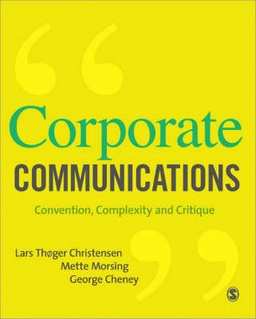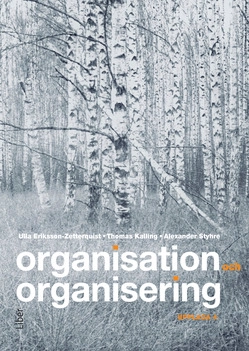

Organizational Communication in an Age of Globalization: Issues, Reflections, PracticesUpplaga 2
- Upplaga: 2a upplagan
- Utgiven: 2012
- ISBN: 9781577666400
- Sidor: 515 st
- Förlag: Waveland Press
- Format: Häftad
- Språk: Engelska
Om boken
Åtkomstkoder och digitalt tilläggsmaterial garanteras inte med begagnade böcker
Mer om Organizational Communication in an Age of Globalization: Issues, Reflections, Practices (2012)
I augusti 2012 släpptes boken Organizational Communication in an Age of Globalization: Issues, Reflections, Practices skriven av George Cheney. Det är den 2a upplagan av kursboken. Den är skriven på engelska och består av 515 sidor. Förlaget bakom boken är Waveland Press.
Köp boken Organizational Communication in an Age of Globalization: Issues, Reflections, Practices på Studentapan och spara pengar.
Referera till Organizational Communication in an Age of Globalization: Issues, Reflections, Practices (Upplaga 2)
Harvard
Oxford
APA
Vancouver
